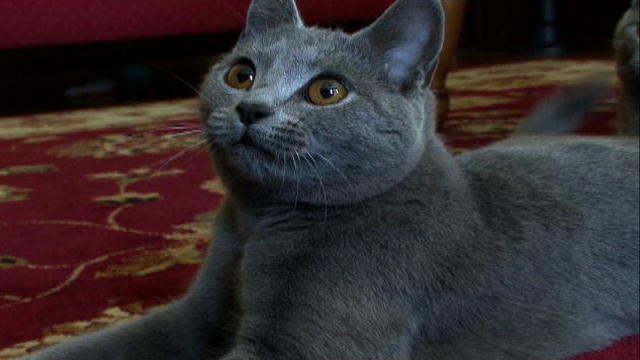
The Breed History
This is a rare breed. Sometimes confused with the Blue British
Shorthair, the Chartreux originated in France, perhaps residing in
the Monastery of La Grande Chartreuse near Grenoble, and some
colonies from Belle Isle were recorded, but even earlier records may
link them back to Syria (the Cat of Syria was similar in physical
appearance). The name Chartreux may have arisen from the liquor
or perhaps they were named after Spanish wool "pile de Chartreux"
cloth that was similar in texture to the cat's fur. First records date
back to 1558.
In those times they were valued for their pelts and also as ratters.
First specimens arrived in America in the 1970s, and the CFA
registry granted them championship status in 1987. In this breed,
a naming convention results in all registered cats in any particular
year having a name starting with the letter that has been assigned
to that year. This breed almost became extinct following World
War II, and outcrossing to Blue Persian and Blue British Shorthair
was reportedly done overseas to regenerate the gene pool. No
outcrossing is allowed currently. Some European registries may
use the term Chartreux to apply to a Blue British Shorthair or
European Shorthair with blue coloring, but they are distinct breeds.
Pronounced "Shart-rooh", or in some areas, "shart-row".
Physical Characteristics
Weight: Female 7-10 (3.5-4.5), male 10-17 lb (4.5-7.5 kg)
Coat: Short-medium length double haircoat is dense and soft,
with a plush, wooly standoff texture. Naturally water repellant, the
coat can take up to five years to fully develop. It is light to dark
blue-gray (ash to slate) in color, with silver tipping. Ghost barring
may be seen in kittens, and tail rings may be seen in juvenile cats up
to 24 months of age.
Eyes: Rounded large eyes are copper to gold in color. A vivid orange
hue is favored.
Points of Conformation: Their rounded broad heads have full
cheeks and well developed jaws. They possess a medium-short
straight nose with a slight break. Ears are high set and medium
sized, with minimal furnishings and rounded tips. This is a medium
sized cat, less heavy in constitution than the Blue British Shorthair.
They possess a short neck, deep chest, broad shoulders, short limbs
with fairly fine leg bones; paws are small and round. Tail is fairly
short, thick and tapers to a rounded tip.
Grooming: Grooming needs are minimal; a quick rub with a
chamois or work through with fingers generally suffices. Heavy
seasonal shedding occurs so more frequent attention is needed
while changing the coat.
Recognized Behavior Issues and Traits
Reported breed characteristics include: Gentle and placid but
playful, they love climbing and are good mousers. Dog-like in
behavior, intelligent, they like close human contact and may
shadow their owners around the home, but are not demanding.
Good with children and other pets.
They are known for a very gentle "smiling" expression. Not very
vocal, they have a quiet high-pitched voice and a chirp-some do
not meow. Adaptable, travel well. May play fetch, and love activities
with family.
Normal Breed Variations
Slow maturing cats (about 24 months)
Gain weight easily so one must watch their caloric intake.
Strong hunting instinct so caution around pocket pets.
Drug Sensitivities
None reported in the literature
Inherited Diseases
None reported in the literature
Disease Predispositions
Overrepresented breed in a very small breed sample identifying risk
of developing magnesium ammonium phosphate (MAP, struvite)
uroliths.
Genetic Tests
Hip and stifle screening to monitor prevalence of hip dysplasia and
patellar luxation may be indicated as anecdotal evidence indicates
that increased frequency occurs in this breed.
Miscellaneous
- Breed name synonyms: Historical: Cat of France, Chartruese,
Blue Cat
- Registries: FIFe, TICA, CFA, ACFA, CFF, ACF, WCF, CCA
- Breed resources: Le Club du Chat des Chartreux (FIFe):
www.club-du-chartreux.com/index2.html (in French)
Les Amis des Chartreux (CFA):
http://www.amisduchartreux.org/
Photo Gallery of Breed - Chartreux - Cat Breed
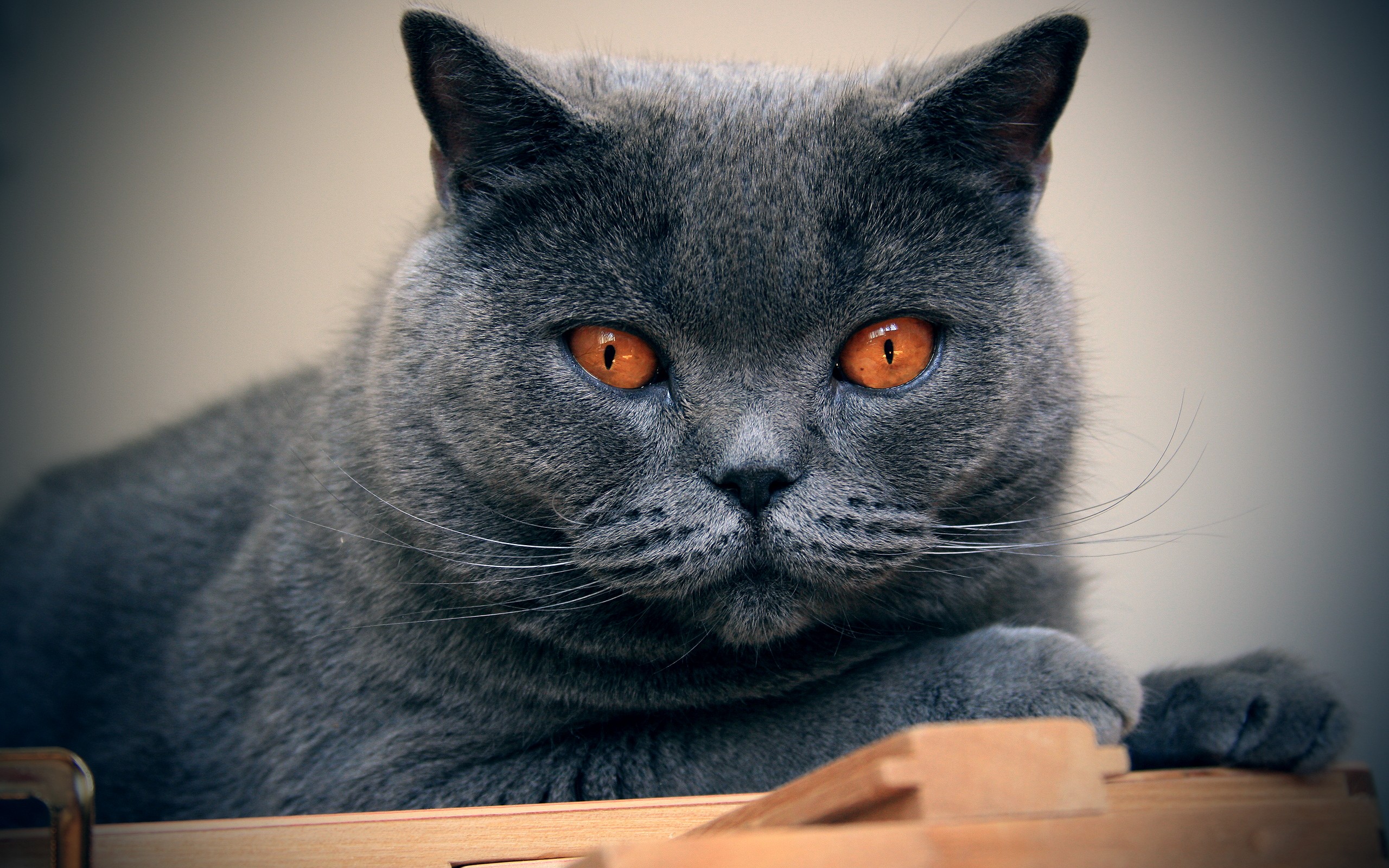
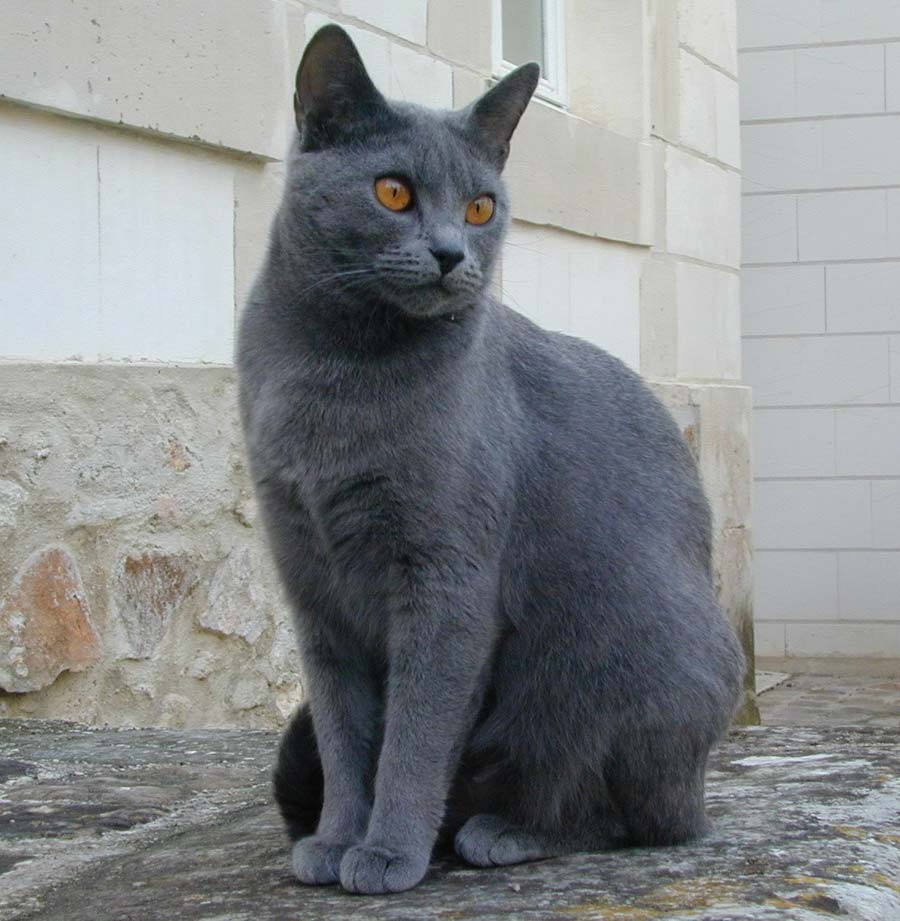
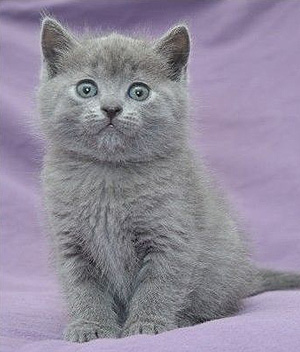

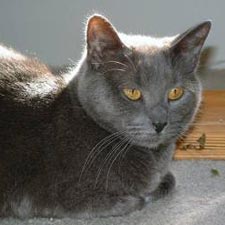
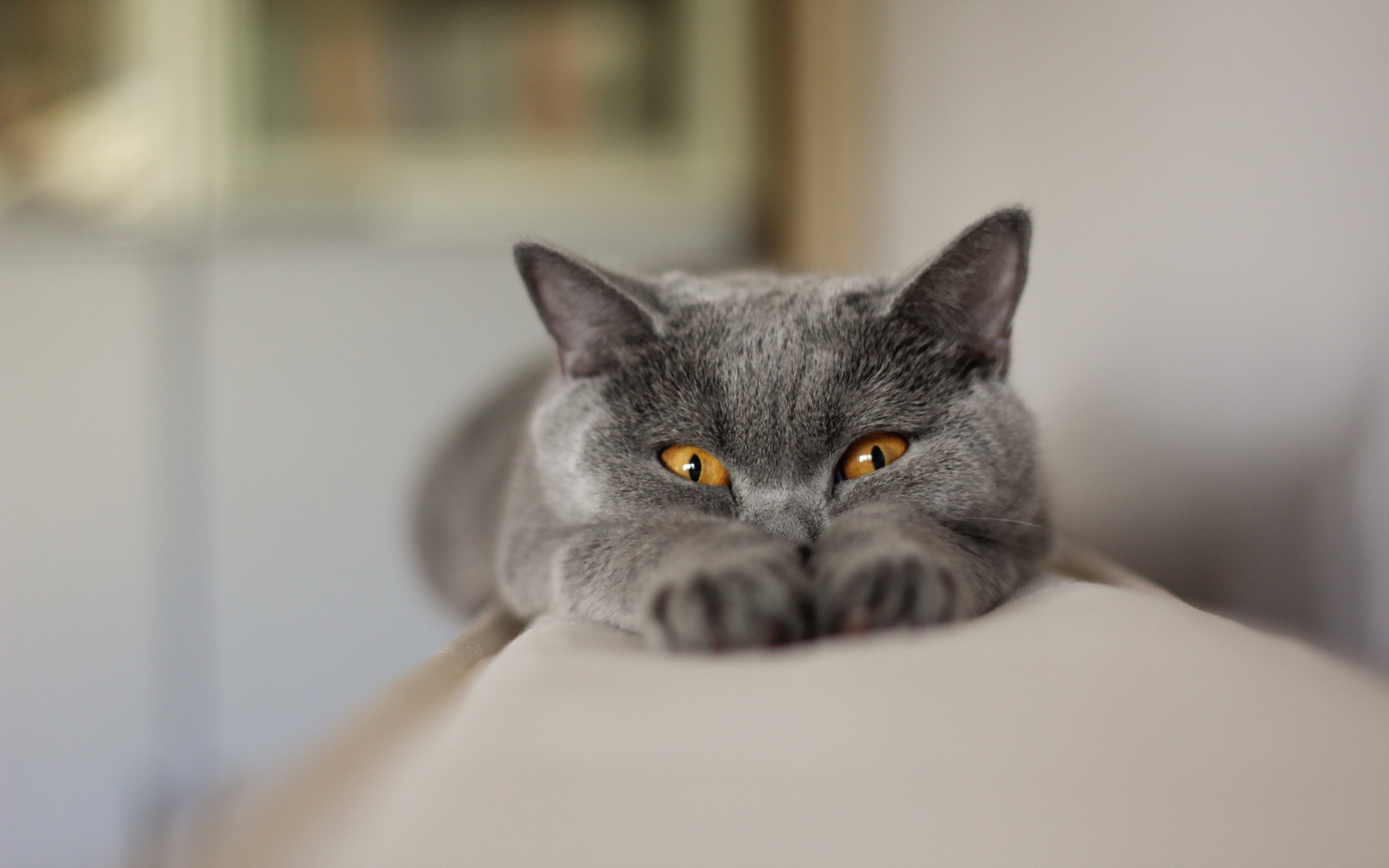
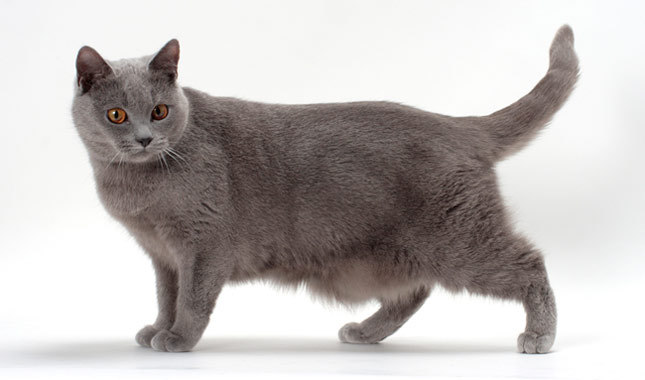
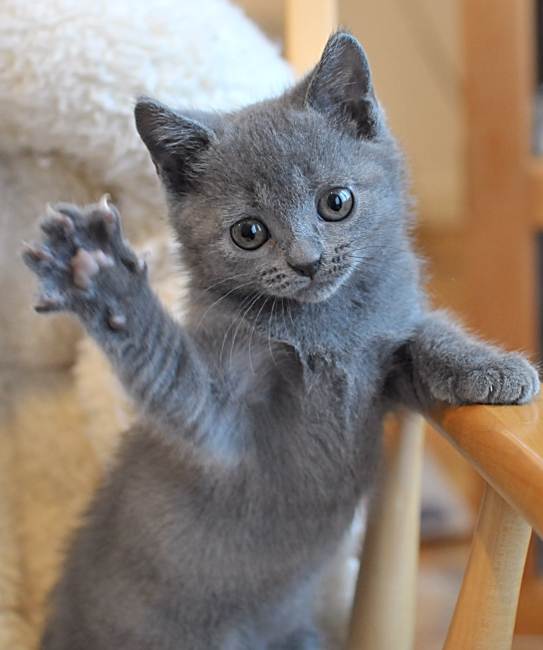
 Animalia Life
Animalia Life